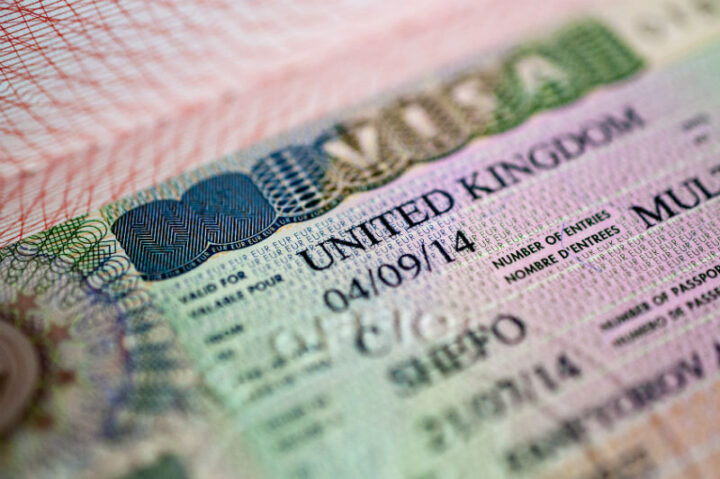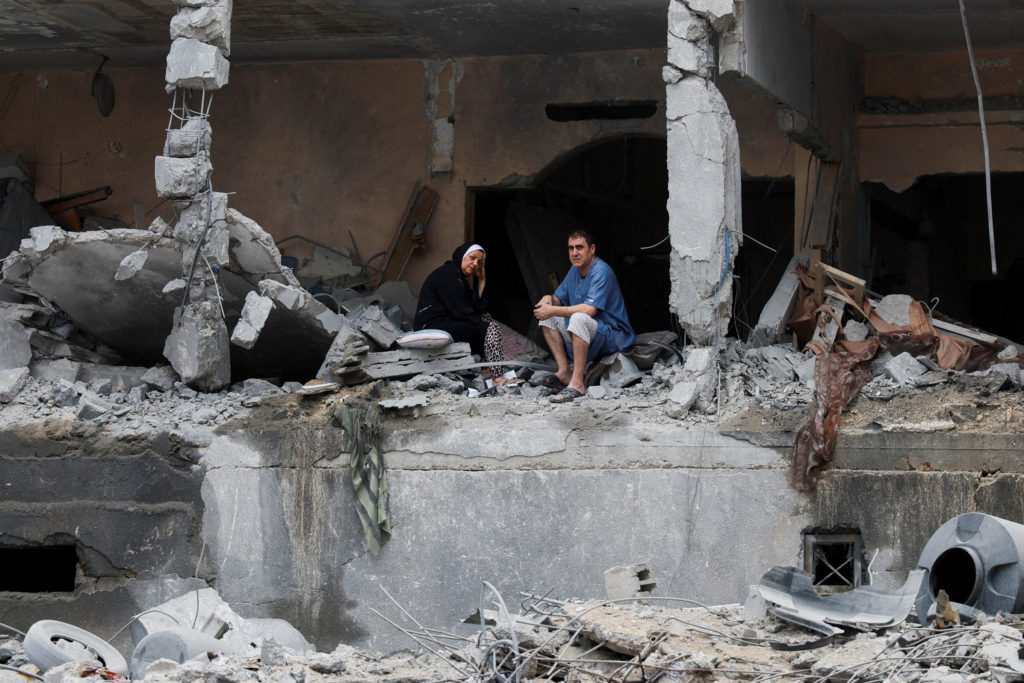The crescent moon has been sighted in Saudi Arabia, signalling the beginning of the Ramadan fasting on Monday.
The moon was reportedly spotted on Sunday evening, which means March 10 is the last day of the month of Sha’ban that precedes Ramadan.
Ramadan fasting is determined by the lunar Islamic calendar in which months span either 29 or 30 days.
Muslims across the globe commence and conclude fasting in the month based on the sighting of the crescent moon.
Advertisement
On Friday, Muhammad Abubakar, Sultan of Sokoto, asked Muslims to look out for the new moon — signalling the beginning of Ramadan — on Sunday.
The Sultan made the announcement in a statement issued by Salisu Shehu, deputy secretary general of the Nigerian Supreme Council For Islamic Affairs (NSCIA).
The statement said the fast will begin automatically on Tuesday if the moon is not sighted on Sunday.
Advertisement
“The Nigerian Supreme Council for Islamic Affairs (NSCIA), under the leadership of its President-General and Sultan of Sokoto, His Eminence, Alh. Muhammad Sa’ad Abubakar, CFR, mni, felicitates the entire Muslim Ummah on the auspicious occasion of the forthcoming 1445 AH Ramadan Fast. The Council prays that Allah spare the lives of every Muslim to participate in the ibaadah exercise and to maximize the benefits therein,” the statement reads.
“Consequent upon the advice of the National Moon Sighting Committee (NMSC), the President-General enjoins the Nigerian Muslim Ummah to search for the crescent of Ramadan 1445 AH immediately after sunset on Sunday, 10th March 2024, which is equivalent to 29th Sha’aban 1445 AH.
“If the crescent is sighted by Muslims of impeccable character on the said evening, then His Eminence would declare Monday, 11th March 2024, as the first day of Ramadan 1445 AH.
“If, however, the crescent is not sighted that day, then, Tuesday, 12th March 2024, automatically becomes the first of Ramadan, 1445AH.”
The Sultan also appealed to endowed Muslims in the country to extend acts of charity to the less privileged within their neighbourhoods before, during and after Ramadan.
Advertisement
The Islamic calendar follows the phases of the moon, known as the lunar cycle, falling nearly 10 days earlier every year in the Gregorian calendar.
Add a comment






